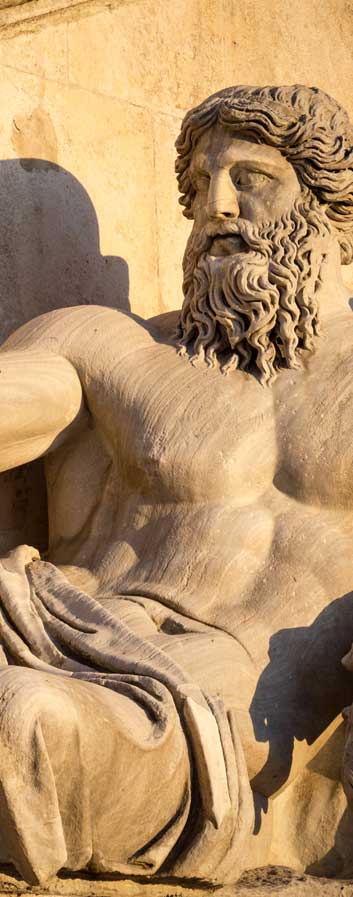D.T. Suzuki Museum
The D.T. Suzuki Museum is a small museum commemorating the life and works of Suzuki Daisetz Teitaro (1870-1966), a prominent Buddhist philosopher. The museum was opened in 2011 in the district of Kanazawa where Suzuki was born, a ten minute walk from Kenrokuen. On display are exhibitions showcasing the writings of D.T. Suzuki which allow the visitor to learn more about his life and philosophy. In addition, the architecture of the museum serves as an interpretation of D.T. Suzuki's life and religious scholarship; its use of clean, simple lines and open spaces causes visitors to pause and reflect.
D.T. Suzuki was a prolific writer who was instrumental in introducing Japanese Zen philosophy to the west. Having spent much of his early life living and studying at Engakuji Temple in Kamakura, he wrote mainly about Zen Buddhism and its relation to and influence on everyday life. Suzuki was also proficient in English, Chinese and Sanskrit in addition to Japanese, and translated various religious texts and scholarly articles.
The architecture of the D.T. Suzuki Museum lends a hand in conveying the serenity that comes with Zen philosophy. From the unassuming entrance to the overall architecture and interior, there is a sense of tranquility that can be felt throughout the museum. Despite its small area, the museum has three buildings connected by corridors built around a large flat pond at their center called the Water Mirror Garden. There is also a garden around the grounds which visitors can enter.
Another feature of the museum is the Contemplative Space, consisting of a large room with openings on all four sides, which extends out into the Water Mirror Garden. There are seats in this space where visitors can take time to meditate and think over their thoughts whilst looking out over the water. In addition, a learning space at one end of the museum has English and Japanese books written by Suzuki for visitors to read; iPads for multimedia learning; as well as a large a window that looks out into a garden.


































